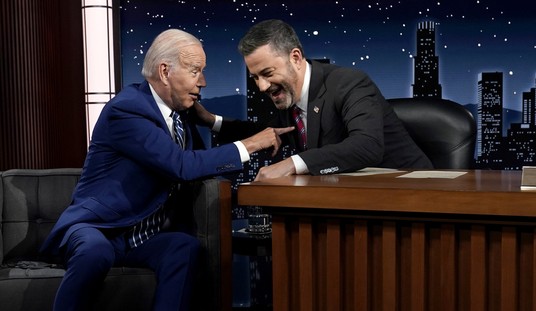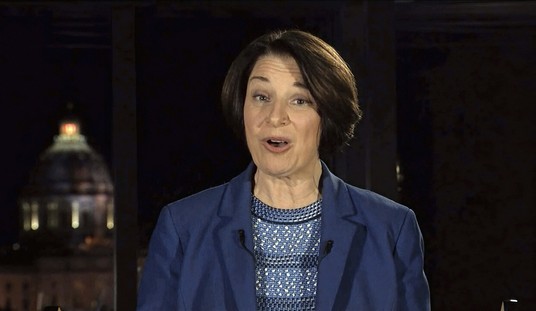In my previous post, I offered some thoughts about the wrong assumptions conservatives (like myself) made about the electorate and the lessons of 2008 and 2010. What message does 2012 give us? Other than the fact of realignment, it’s almost impossible to say, thanks to the very unusual status-quo result of the of election.
Having an incumbent President win an election is hardly surprising in and of itself. Incumbent Presidents rarely lose when running in a second election; in my lifetime, only Jimmy Carter and George H. W. Bush managed it. (Gerald Ford lost his first presidential election.) Before that, you have to go to Herbert Hoover, who lost his bid thanks to the obvious implications of a dire financial crisis.
But consider that for a moment when mulling over Obama’s win. We’ve come out of an economic crisis to three years of economic stagnation. In poll after poll, voters insisted that the US was heading in the wrong direction. The early exit polls showed that only 25% of voters thought they were doing better than four years earlier. And yet, not only did these voters re-elect Obama (again, not unusual for an incumbent), but they also left the House and Senate in the hands of the same leadership as before the election. In the end, as Jim Geraghty tweeted, we spent somewhere north of two billions dollars just to get Indiana and North Carolina to flip.
Now, House races tend to be local, and Senate races only a little less so. It may be difficult to draw national conclusions from the outcomes of individual races. But if the realignment gave Democrats a powerful voice in the presidential contest, it didn’t do them all that much good in undoing the 2010 midterm election results. This looks like a pretty intriguing endorsement of a status quo that few voters admit liking.
This holds some opportunity for both parties to reset their approach and try again after the last two years of brinksmanship and rancor. Voters are unhappy with the status quo, but don’t trust either party with total control of the federal government again. It’s possible that they want to see government work properly again, with the proper tension and checks between branches of government and party agendas, but for those checks to produce actual solutions and not ulimatums and diktats. Over the next two years, Democrats and Republicans have another chance to get back to business instead of conducting never-ending campaigns, and the first party to grasp this might be able to set the agenda.







Join the conversation as a VIP Member